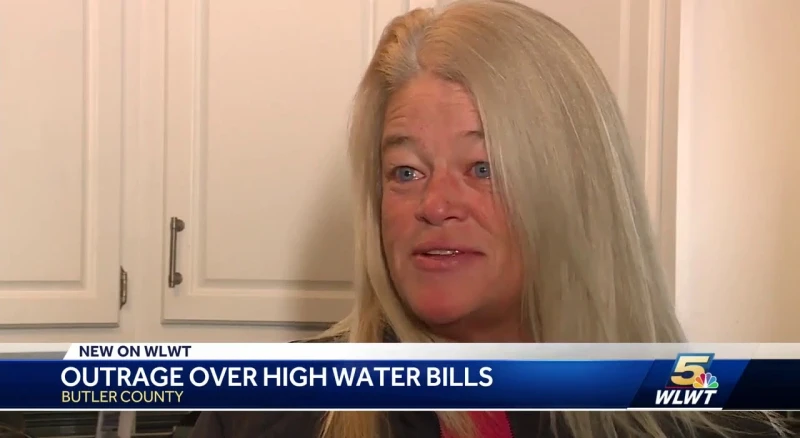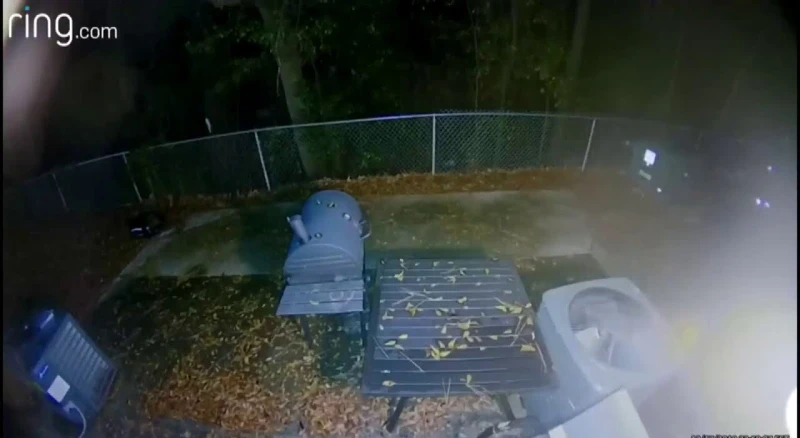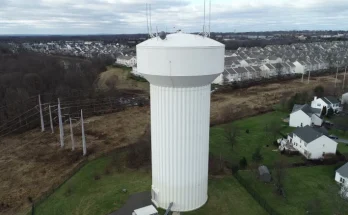As one of the largest counties in Pennsylvania, Butler County is home to a thriving community that relies on reliable water and sewer services. In this article, we will take an in-depth look at the Butler County water and sewer system, including how it works, who manages it, and what you can do to ensure the safety and efficiency of your water supply.
The Basics of Butler County Water and Sewer

Butler County’s water and sewer system consists of a network of pipes, treatment plants, and storage facilities that work together to provide clean water and proper sanitation to homes and businesses throughout the county. The system is managed by the Butler County Department of Water and Sewer, which oversees all aspects of the water and sewer infrastructure, from maintenance and repairs to new construction projects.
The Water Treatment Process
The process of delivering safe, clean drinking water to residents of Butler County begins with the collection of raw water from various sources, such as rivers, lakes, and groundwater wells. Once collected, the water goes through a multi-step treatment process that includes:
- Coagulation and Flocculation: Chemicals are added to the raw water to help solid particles clump together, making them easier to remove.
- Sedimentation: The water is left to sit still, allowing the clumped particles (floc) to settle to the bottom of the tank.
- Filtration: The water passes through layers of sand and gravel to remove any remaining particles.
- Disinfection: Chlorine or other disinfectants are added to kill any bacteria or viruses that may be present.
After treatment, the water is stored in large tanks or reservoirs before being distributed through the county’s network of pipes.
The Sewer System
The sewer system in Butler County is responsible for collecting and treating wastewater from homes and businesses. Wastewater includes all water that goes down the drain in a home, such as from sinks, showers, toilets, and washing machines. The process of treating wastewater includes:
- Collection: Wastewater is collected through a network of underground pipes and transported to a treatment plant.
- Treatment: At the treatment plant, solids are removed, and the water is clarified and disinfected before being released into the environment.
Ensuring the Safety and Efficiency of Your Water Supply

While the Butler County Department of Water and Sewer is responsible for maintaining and improving the county’s water and sewer infrastructure, there are several things residents can do to ensure the safety and efficiency of their water supply.
Conserving Water
One of the best ways to help conserve water in Butler County is simply to use less water. This can be accomplished by:
- Fixing leaks: A dripping faucet can waste hundreds of gallons of water per year.
- Installing low-flow fixtures: Low-flow showerheads and faucets can reduce water usage by up to 60%.
- Using water-efficient appliances: Look for appliances with an ENERGY STAR label, which indicates they are designed to use less water and energy.
Conserving water not only helps protect the environment, but it can also lead to lower water bills for homeowners.
Proper Disposal of Hazardous Materials
Improper disposal of hazardous materials, such as chemicals, oils, and paints, can have a significant impact on the quality of the county’s water supply. It is important to dispose of these materials properly, either by taking them to an approved hazardous waste collection site or using a specialized disposal service.
Monitoring Water Quality
Residents of Butler County can help monitor the quality of their water supply by participating in the county’s annual water quality report program. These reports provide information about any contaminants that may be present in the water and what steps are being taken to address them.
Conclusion
The Butler County water and sewer system is a critical piece of infrastructure that provides essential services to residents throughout the county. By understanding how the system works and taking steps to ensure the safety and efficiency of your water supply, you can help protect this valuable resource for generations to come.
FAQs

- Who manages the Butler County water and sewer system? The Butler County Department of Water and Sewer is responsible for managing the county’s water and sewer infrastructure.
- What is the process for treating drinking water in Butler County? The treatment process includes coagulation and flocculation, sedimentation, filtration, and disinfection.
- How can residents of Butler County help conserve water? Residents can conserve water by fixing leaks, installing low-flow fixtures, and using water-efficient appliances.
- Why is it important to dispose of hazardous materials properly? Improper disposal of hazardous materials can have a significant impact on the quality of the county’s water supply.
- How can residents monitor the quality of their water supply in Butler County? Residents can participate in the county’s annual water quality report program to receive information about any contaminants in the water supply.



